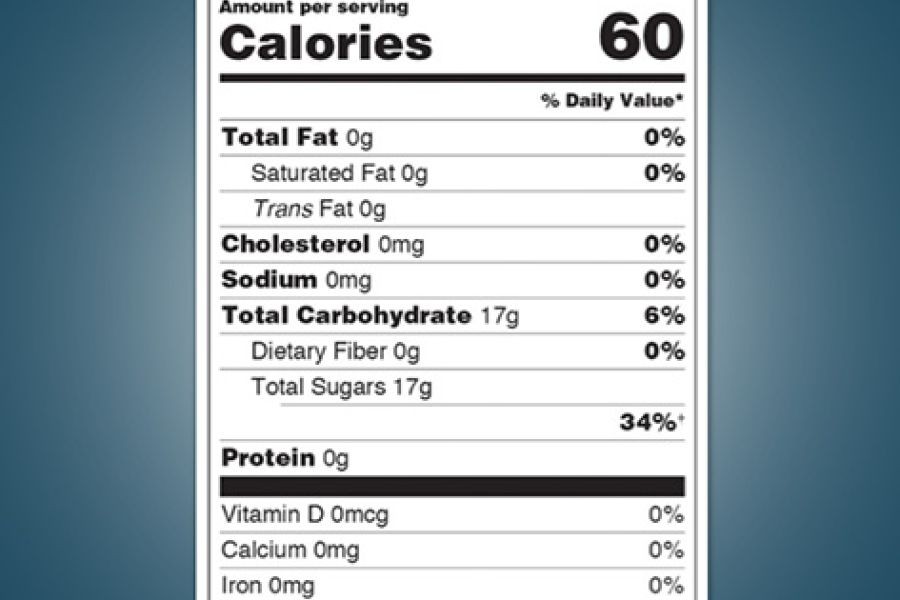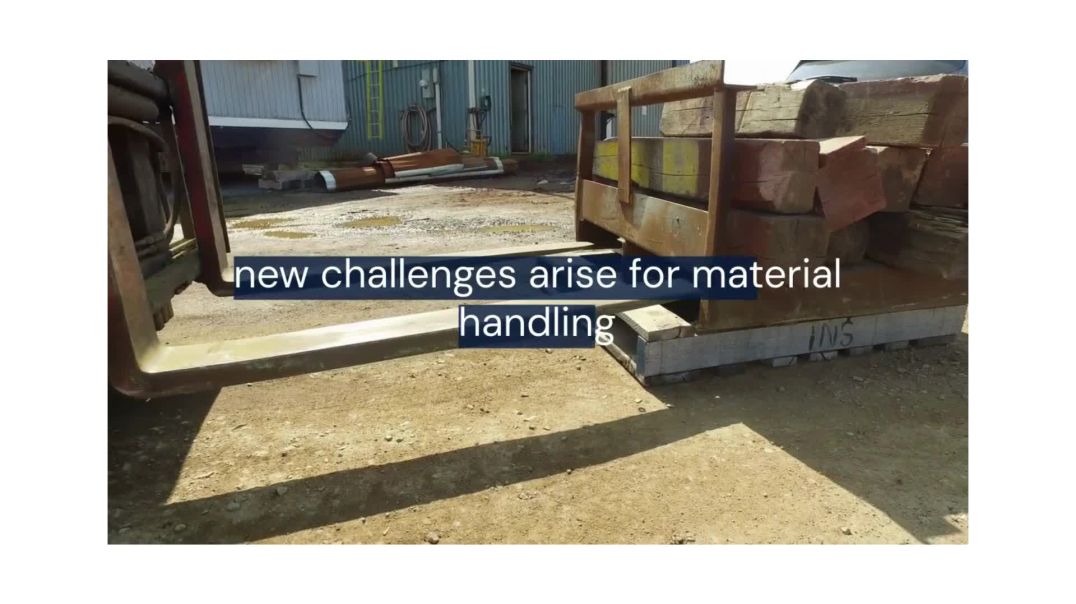In New Zealand's dynamic housing market, many prospective buyers are guided by the allure of popular suburbs and trendy neighborhoods. However, making purchasing decisions based solely on popularity can lead to overpaying for a home. This article explores the hidden costs of this common approach, offering insights into the local real estate landscape and providing strategies to avoid overpaying.
Case Study: Auckland's Housing Market – The Popularity Trap
Problem:
Auckland, New Zealand’s largest city, has seen a surge in property demand, particularly in popular suburbs like Ponsonby and Mount Eden. This demand has led to significant price hikes, with real estate prices in these areas increasing by over 30% in the past five years (Source: Stats NZ).
Action:
Many buyers rushed to purchase homes in these trendy areas, influenced by the fear of missing out (FOMO) and the perception of guaranteed investment returns. However, this often led to bidding wars and purchasing homes above their market value.
Result:
Recent data from the Reserve Bank of New Zealand indicates that these buyers are now facing substantial mortgage stress, with some properties experiencing depreciation as the market corrects itself.
Takeaway:
This case highlights the risks of buying in popular areas without thorough market analysis. Buyers in New Zealand should prioritize comprehensive due diligence over trends to avoid financial strain.
Data-Driven Insights: Understanding the Trend
According to the Real Estate Institute of New Zealand (REINZ), the average house price in New Zealand rose by 27% between 2020 and 2023. This increase was particularly pronounced in popular suburbs where demand outstripped supply. The Reserve Bank of New Zealand's monetary policy reports further suggest that interest rates are expected to rise, potentially cooling off the overheated market.
Investment bankers and real estate analysts have identified that homes purchased based on popularity often lead to overvaluation. A study by the University of Auckland found that properties in high-demand areas were overvalued by an average of 15% compared to similar homes in less popular neighborhoods.
Pros and Cons of Buying in Popular Areas
Pros:
- High Demand: Popular areas often have strong demand, which can lead to quick sales.
- Desirable Amenities: Trendy neighborhoods typically offer excellent amenities, schools, and transport links.
- Potential for Appreciation: Historically, these areas have shown strong long-term appreciation.
Cons:
- Overvaluation Risk: High demand can lead to inflated property prices.
- Limited Bargaining Power: Competition reduces the ability to negotiate.
- Market Corrections: High-risk of price corrections if the market cools.
Debunking Common Myths
Myth: "Buying in a popular area guarantees a return on investment."
Reality: Market data shows that overpaying can lead to higher mortgage costs and potential negative equity.
Myth: "Property values in trendy areas always rise."
Reality: Historical data indicates that property values can fluctuate, especially post-market corrections.
Myth: "Popularity equals safety in investment."
Reality: Safety is determined by comprehensive market analysis and understanding economic indicators.
Biggest Mistakes to Avoid
- Following Trends Blindly: Ensure due diligence by consulting comprehensive market research and reports like those from MBIE.
- Ignoring Financial Health: Consider potential interest rate hikes. Use tools like Sorted.org.nz for financial planning.
- Underestimating the Importance of Location: Beyond popularity, assess infrastructure plans and regional developments.
Future Trends & Predictions
Looking ahead, property experts predict that the New Zealand housing market will experience a shift towards more balanced growth. As remote work becomes prevalent, areas outside traditional hotspots may see increased demand. By 2028, it's anticipated that 40% of homebuyers will prioritize sustainable and tech-enabled homes, reflecting global housing trends (Source: Deloitte NZ Housing Report 2024).
Conclusion
The allure of popular neighborhoods is undeniable, but investment bankers and prospective buyers must exercise caution. By understanding the pitfalls of relying solely on trends, conducting thorough market research, and considering long-term economic indicators, buyers in New Zealand can make informed decisions that secure their financial future.
What’s Next? For those looking to invest smartly, consider subscribing to our newsletter for the latest insights into New Zealand's housing market and investment strategies.
People Also Ask (FAQ)
How does buying in popular areas impact investors in New Zealand?
Investors may face higher initial costs and potential for market corrections, impacting ROI. Comprehensive market analysis is crucial.
What are the biggest misconceptions about buying in popular areas?
Many believe these areas guarantee appreciation, but overvaluation risks can lead to financial strain.
What are the best strategies for avoiding overpaying in New Zealand's housing market?
Conduct thorough market research, consult financial advisors, and consider emerging suburbs with growth potential.
What upcoming changes in New Zealand could affect housing investments?
Interest rate hikes and remote work trends could shift demand patterns, impacting property values.
Who benefits the most from buying in popular areas?
Homeowners seeking lifestyle improvements benefit, but investors must be cautious of market corrections.
Related Search Queries
- New Zealand housing market trends 2024
- Best suburbs to invest in Auckland
- New Zealand property market analysis
- How to avoid overpaying for a home
- Impact of interest rates on New Zealand real estate































aureliohaveloc
1 month ago